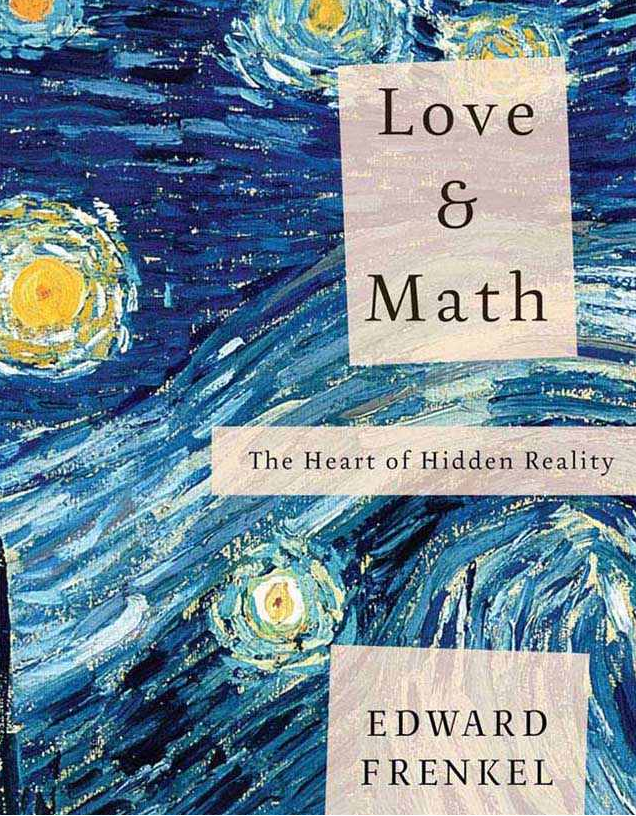18 February 2014
Buy This Book
Posted by Dan Satterfield

This book is getting rave reviews and everyone who loves math or thinks they hate it, should read it.
Hat tip to Brain Pickings for the scoop.
From the book:
Mathematical knowledge is unlike any other knowledge. While our perception of the physical world can always be distorted, our perception of mathematical truths can’t be. They are objective, persistent, necessary truths. A mathematical formula or theorem means the same thing to anyone anywhere — no matter what gender, religion, or skin color; it will mean the same thing to anyone a thousand years from now. And what’s also amazing is that we own all of them. No one can patent a mathematical formula, it’s ours to share. There is nothing in this world that is so deep and exquisite and yet so readily available to all. That such a reservoir of knowledge really exists is nearly unbelievable. It’s too precious to be given away to the “initiated few.” It belongs to all of us.


 Dan Satterfield has worked as an on air meteorologist for 32 years in Oklahoma, Florida and Alabama. Forecasting weather is Dan's job, but all of Earth Science is his passion. This journal is where Dan writes about things he has too little time for on air. Dan blogs about peer-reviewed Earth science for Junior High level audiences and up.
Dan Satterfield has worked as an on air meteorologist for 32 years in Oklahoma, Florida and Alabama. Forecasting weather is Dan's job, but all of Earth Science is his passion. This journal is where Dan writes about things he has too little time for on air. Dan blogs about peer-reviewed Earth science for Junior High level audiences and up.
I bought this a while back and so far I have only ready a quarter or so of it and I have to say it did surprise me somewhat as so far it as really focused on the author’s life growing up in Russian and his aspirations of becoming a mathematician (and the anti-jewish behavior of some of the higher institutions). Although some mathematical proofs and concepts are discussed I was not particularly pleased with the way they were represented as their translations into English appear to be a bit wordy. But overall I do enjoy the book and of course I can’t really judge until I finish it.
Isn’t a mathematical truth true because of the physical world though? Our perception of mathematical truths is what it is because of our perception of the physical world. Isaac Newton invented calculus to prove physics. So if our perception of the physical world can be distorted, so can our perception of these mathematical truths. I’m sure this book is wonderful and I absolutely think math is the most beautiful sort of art, for reasons including the ability to be creative with it, and not having to settle with “truths”. Mathematicians didn’t come up with brilliant proofs by following mathematical truths that were already in place. Just some food for thought!
The physical world is governed by mathematical truth. Our perception and description of the physical world may change; say, from Newtonian mechanics to quantum mechanics. But the mathematical truths that govern the physical world are just that – truths. Finding those truths is the purpose of mathematical research, and it’s in this research that you find the creativity and art of mathematics. And remember – finding absolute truth means never having to “settle”.